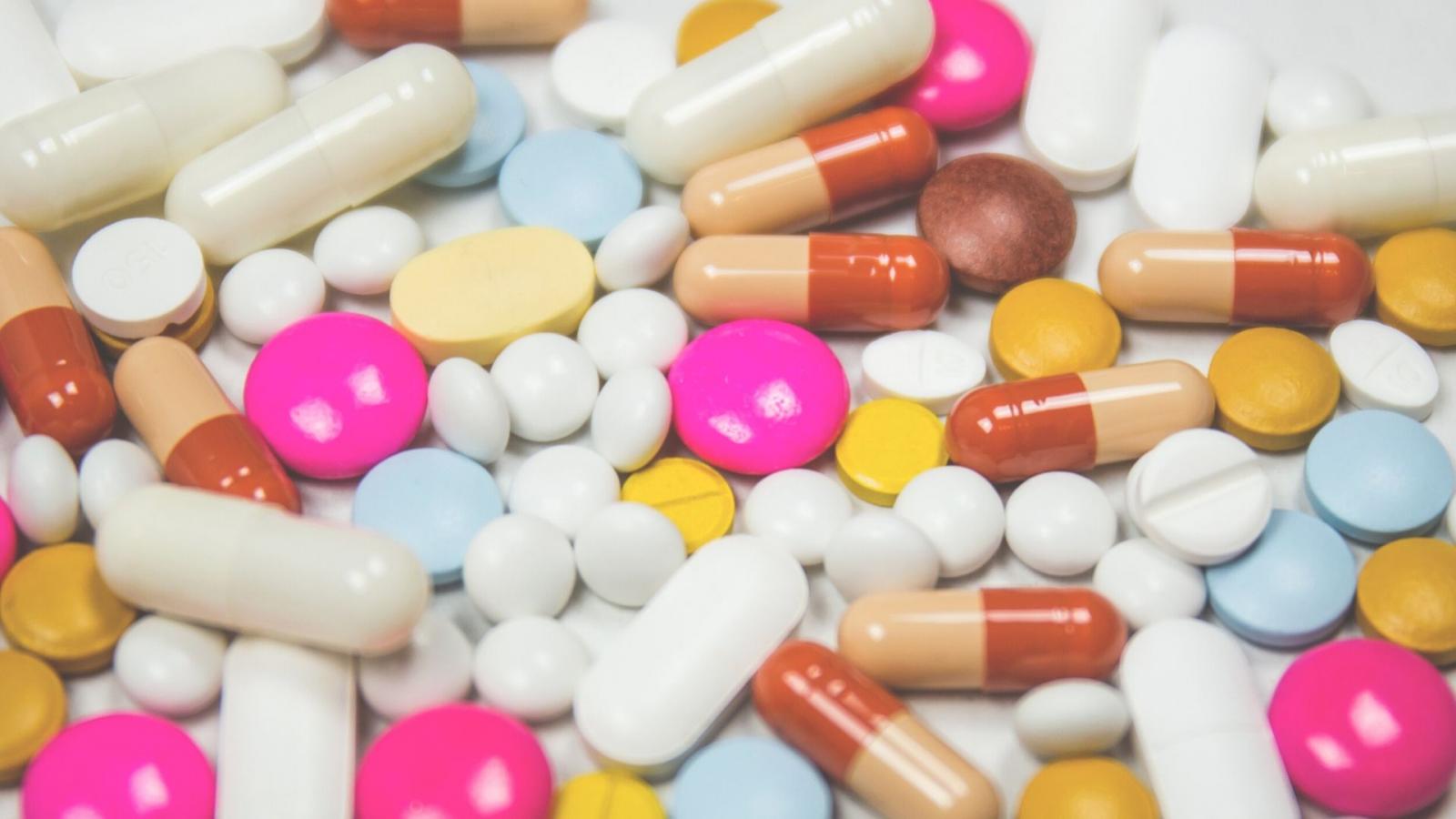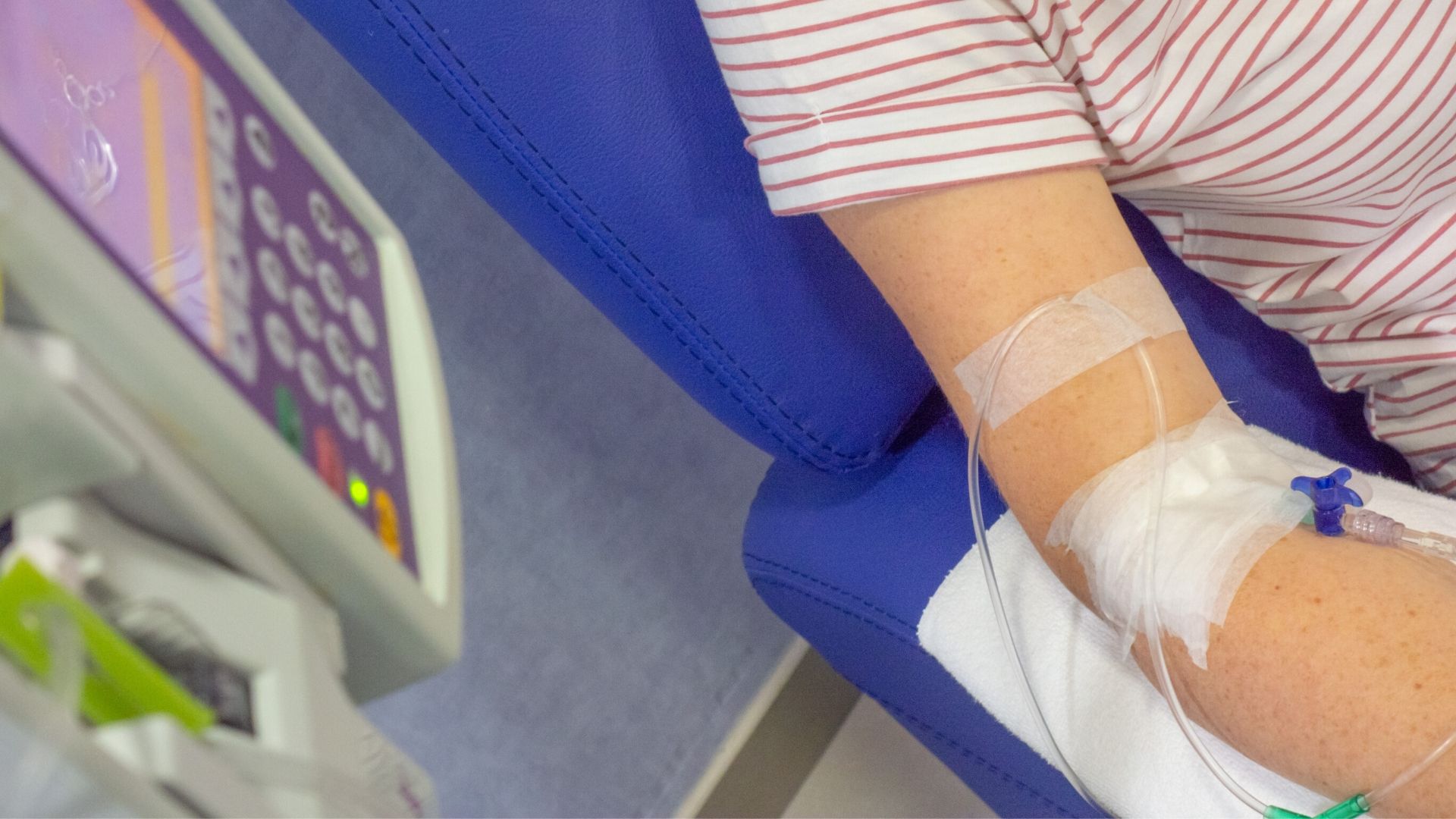Non-intensive treatment for MDS

On this page:
The aim of non-intensive treatment is to slow down the progress of MDS - for example, if your blood counts are getting worse or if the disease is developing into leukaemia. It treats the disease with as few side-effects as possible.
These treatments will not cure MDS but may change the disease. Many of these treatments are new and often used as part of a clinical trial. They may be given as injections or tablets. Read more about clinical trials.
You can receive these drugs as an outpatient or in the day ward. The treatments are often called targeted therapies. Targeted therapies include:
Hypomethylating agents
These are drugs that affect the way certain genes inside a cell are controlled – for example azacitidine and decitabine. They can improve how your bone marrow works and delay leukaemia from developing in some patients. If you have high-risk MDS, they might increase how long you live. Side-effects include fever, nausea, constipation, diarrhoea, vomiting, leg swelling and pneumonia. Your doctor and nurse will talk to you about these and will also closely monitor your blood counts.
If one of these treatments works well for you, your doctor may decide to keep you on it indefinitely.
Lenalidomide
Lenalidomide acts on your body’s immune system to fight cancer. It is also known as immune modulation therapy and is used for the MDS subtype called the 5q minus syndrome.
New developments
New targeted therapies are being developed all the time and existing therapies are being used in new ways. You may also be given a targeted therapy as part of a clinical trial. Ask your doctor if there are any targeted therapies available to treat your type of MDS or if there are any clinical trials that are suitable for you.
If you have any questions about your treatment you can also call our Support Line on 1800 200 700 to speak to a cancer nurse in confidence.
For more information
Phone
1800 200 700



